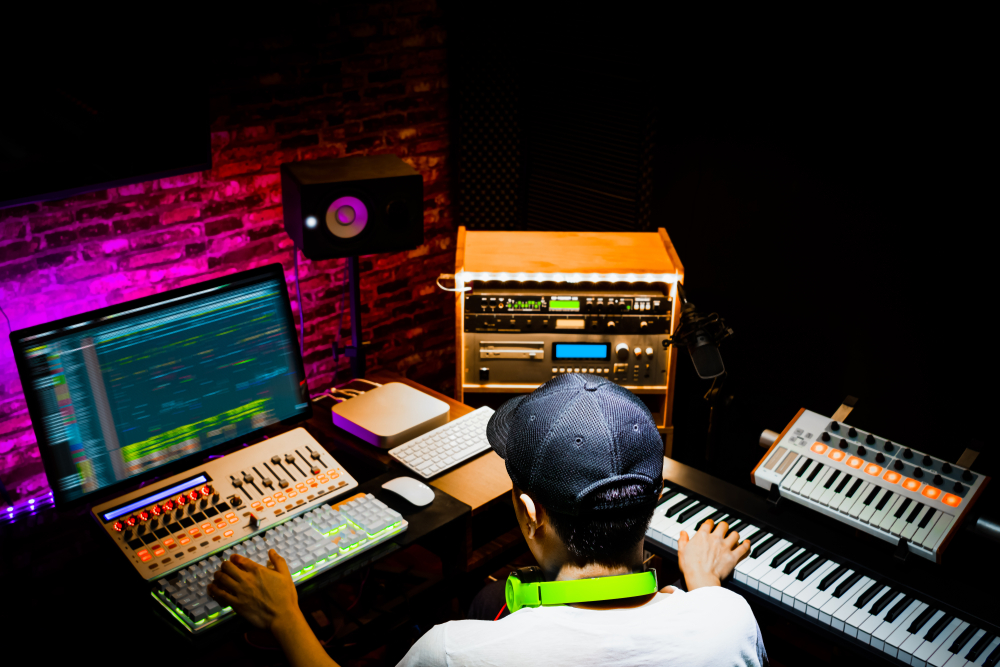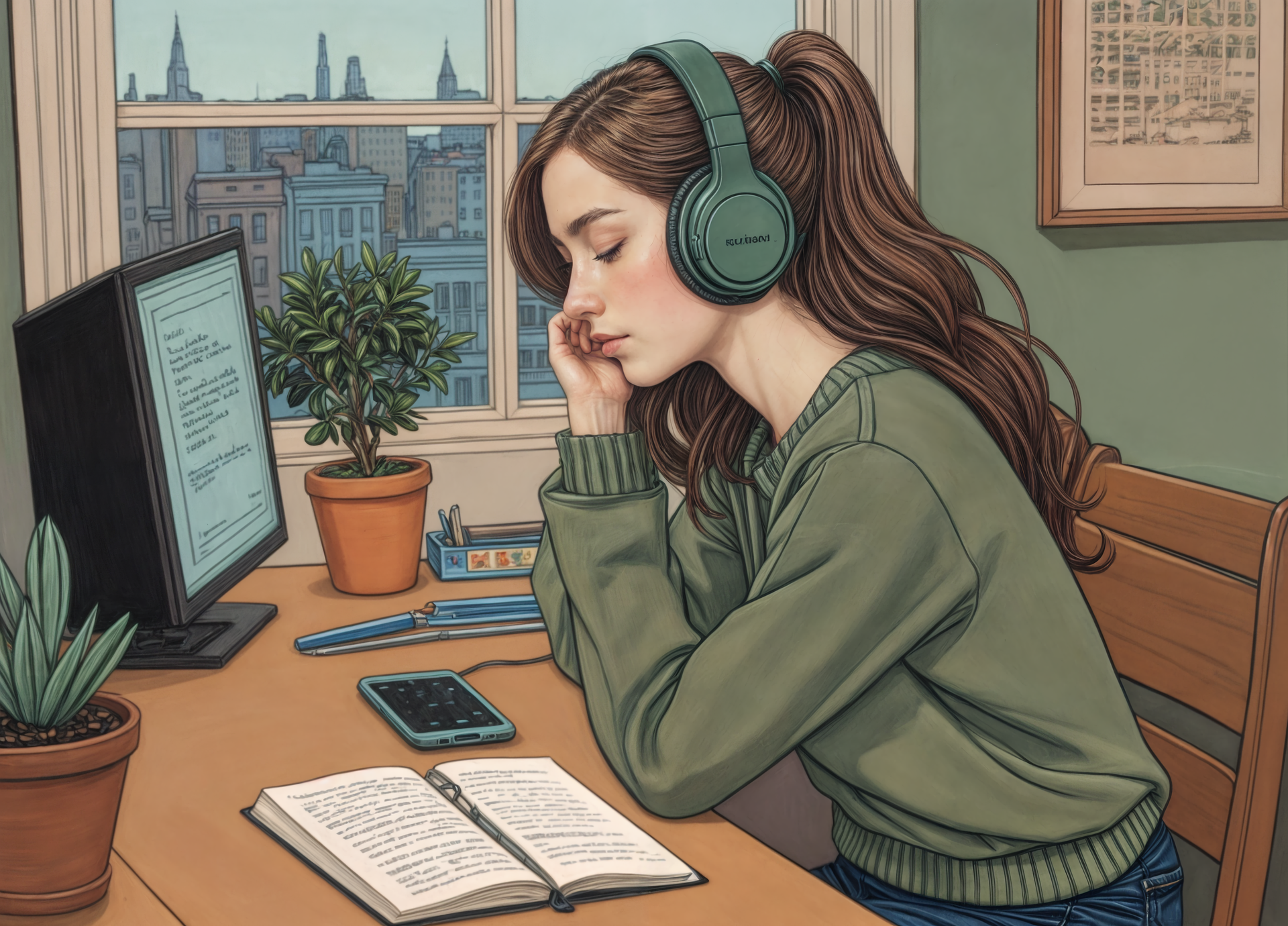In the Spotlight: The Hidden Artistry of Film Scoring
In the vast universe of the arts and entertainment industry, the role of film scoring often remains underappreciated. This article delves into the evolution and significance of this craft, highlighting its influence on cinematic experiences and its recent developments.

The Unsung Heroes of Cinema
Film scoring is the art of creating music specifically for a movie. The score often goes unnoticed by casual viewers, but it plays a vital role in enhancing the film’s narrative, setting the mood, and accentuating the emotions. The history of film scoring dates back to the silent film era, where live musicians would perform to counter the lack of diegetic sound. As technology evolved, so did film scoring, with composers now creating vast symphonic scores that can stand alone as pieces of art.
The Current Symphony
The landscape of film scoring has seen significant changes in recent years. The rise of streaming platforms has led to an increased demand for original scores, offering composers more opportunities. Additionally, the industry is slowly opening up to diversity, with women and composers of color gaining recognition. For instance, Hildur Guðnadóttir, the first female solo composer to win an Oscar for Best Original Score for “Joker,” represents a step forward in a predominantly male-dominated field.
Significance and Impact
The impact of a film score is often subtle yet profound. A well-crafted score can elevate a scene, influencing the viewer’s emotional response. Scores like John Williams’ for “Star Wars” or Hans Zimmer’s for “Inception” have become iconic, demonstrating how music can define a film’s identity. The increasing recognition of film scores is evident in the growing popularity of soundtrack concerts and the inclusion of scores on music streaming platforms.
The Art of Scoring
Creating a film score is a complex process, requiring a deep understanding of music and storytelling. Composers must work closely with the director to ensure the music complements the narrative. They must also consider factors such as the film’s genre, setting, and characters when crafting the score. The score must be unique, yet cohesive, enhancing the film without overpowering it.
Looking Ahead
The future of film scoring is promising. Technological advancements are providing composers with new tools and techniques, allowing for even greater creativity. Moreover, as the importance of film scoring becomes more widely recognized, we can expect to see further investment in this art form and greater opportunities for aspiring composers.
In conclusion, film scoring is a vital aspect of the cinematic experience that deserves more recognition. It is a testament to the power of music and its ability to transform and elevate storytelling. As we continue to appreciate and invest in this craft, we can look forward to a more enriched and immersive cinematic landscape.




